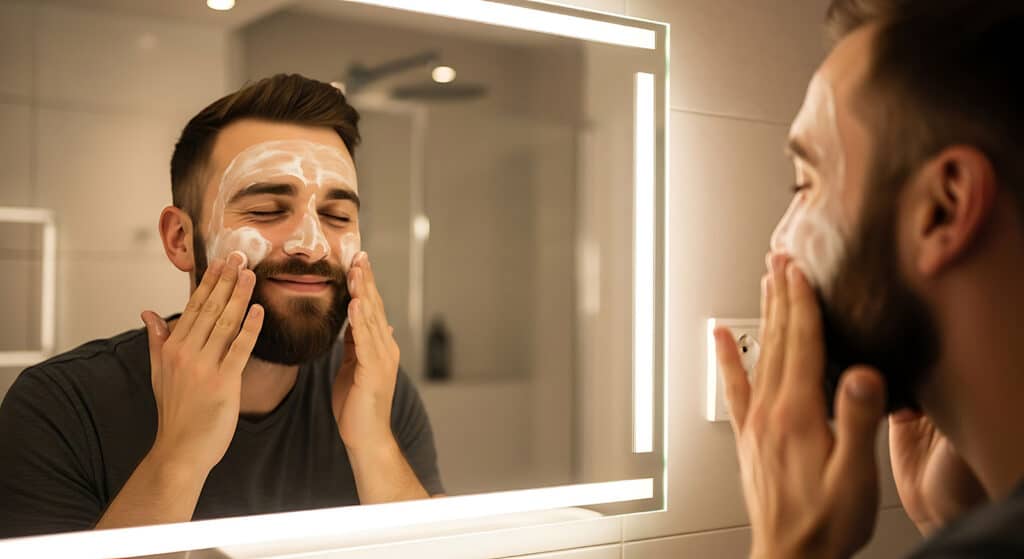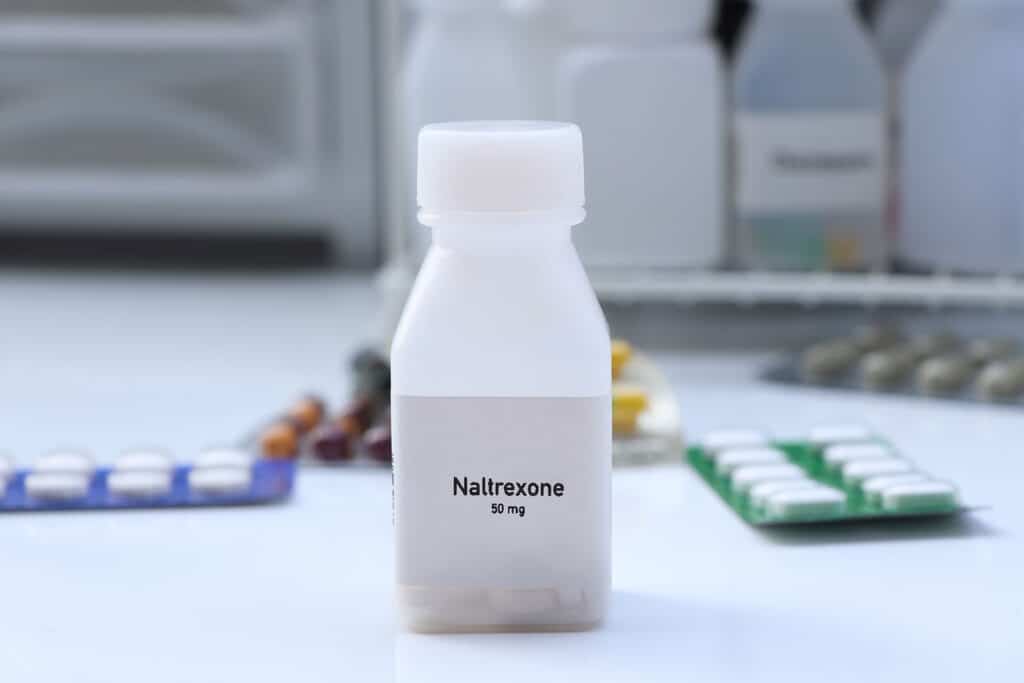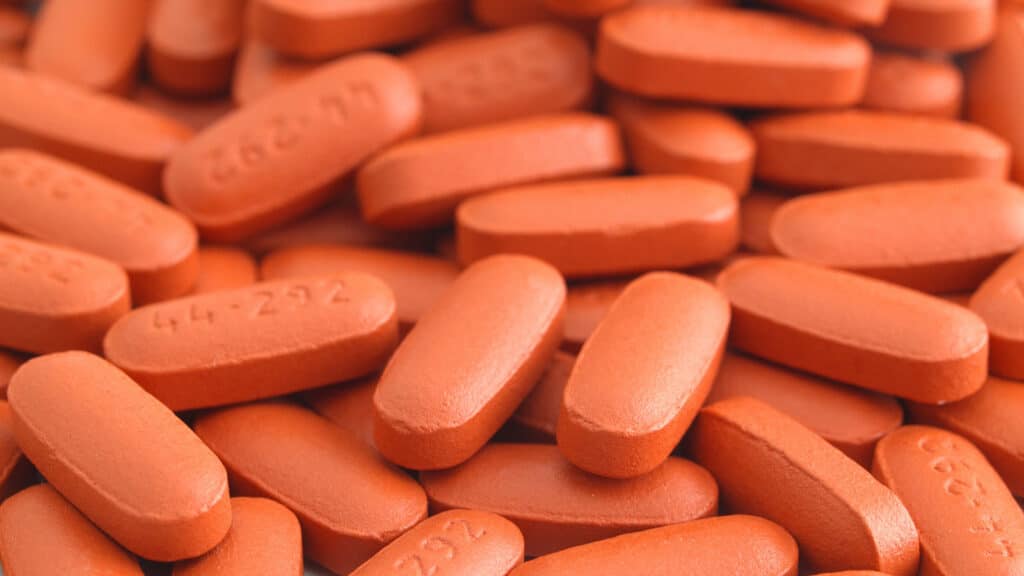Ever notice how some people seem to look worse right after quitting alcohol?
It’s a confusing part of recovery that often surprises both the person quitting and their loved one.
When someone stops after a period of heavy drinking or alcohol abuse, the body begins to undo months of damage caused by alcohol effects.
From breakouts to bloating, the adjustment can feel rough, but it’s actually a sign of healing.
During this transition, hydration plays a key role in helping the body rebalance itself.
Whether you’ve just had your last drink or are supporting someone going through alcohol addiction treatment, understanding what’s happening can make everything a little clearer.
Why Do I Look Worse After Quitting Drinking?
Quitting drinking is supposed to make you feel better AND look better. So, why do I look worse after quitting alcohol?
If you’ve had these thoughts, you have nothing to worry about. Though quitting alcohol promises a clearer skin, a healthier body, and brighter eyes, it doesn’t happen overnight.
Some people who quit drinking report skin issues, like acne breakouts or pimples, shortly after they go through withdrawal. Luckily, it’s quite common, and there’s an explanation for it.
As you quit drinking, your body starts detoxing from it, which may come out as stress acne. Your body starts adapting to living without alcohol, and your hormones start to work toward finding a new baseline.
All of that ought to have a toll on your skin, especially if you’ve been drinking for a long time.
The right thing to do is to give it another month and watch as your skin starts changing for the better. You’ll also start feeling better all over as time passes because the alcohol will be entirely out of your system.
If you’re worried about how your skin looks, you may pay a visit to your dermatologist. They’ll likely prescribe some topical products to improve your symptoms.
But generally, watching your diet and drinking plenty of water should be enough to have your skin heal in no time.
What to Expect After Quitting Drinking
If you’re worried about the post-quitting phase, here’s what you can expect for every step of the way:
The First 3 Days
The first three days of quitting alcohol are often the most challenging due to the withdrawal symptoms. At the time, your body is still dependent on alcohol, so the lack of it starts an onset of withdrawal symptoms that improve afterward.
During the first few hours of quitting, you may notice some symptoms like hand tremors and excessive sweating. These are more likely to appear in people severely addicted to alcohol or those who’ve been consuming it regularly for a long time.
Other symptoms that may hit at the time are anxiety, vomiting, and restlessness.
By the next day, you’ll likely start craving alcohol, and you’ll witness low energy levels and disturbed sleep.
Some people also report feeling depressed, which is completely normal during that phase.
After the first day passes, the withdrawal symptoms may manifest a bit differently, causing a high heart rate and increased blood pressure. This is likely the most critical phase of the first few days, and the one with the most severe symptoms.
By the third day, the withdrawal symptoms start to become more manageable. The tremors will get noticeably better, and your heart rate will start getting back to normal.
3–7 Days
After the first three days pass, most people will start feeling better as withdrawal symptoms stop. Some symptoms will naturally linger, like feeling depressed and having disturbed sleep patterns. On top of that, the skin may start breaking out in stress acne.
However, the early withdrawal symptoms like vomiting and excessive sweating will come to a halt.
That may not apply to people who have been severely addicted to alcohol, though.
Some of them may experience worsening withdrawal symptoms like hallucinations and excessive sweating. In most cases, heavy drinkers will need to quit the habit under professional medical supervision to be able to manage the symptoms. Otherwise, things may get out of hand.
1–2 Weeks
After one week passes, you may notice your sleep patterns improving, but that’s not a one-size-fits-all rule. It depends on every case. Some people wait for a month or more to experience better sleep, while others notice improvement within a week.
A doctor will help you figure out whether your withdrawal symptoms are within the normal range.
After two weeks, some people report losing weight due to the lack of alcohol calories.
1–3 Months
In a couple of months without alcohol, your blood pressure will get back to normal, and your sleeping patterns will have recovered. Some people will report seeing clearer skin and fewer breakouts during this phase.
You may also notice that you’re more energetic and that your overall health is better.
The cravings may linger, but they’ll become less frequent over time.

How Quitting Alcohol Actually Makes You Look Better
It may be hard to believe that quitting alcohol makes you look better, especially when you’re going through the first few days of withdrawal. However, it improves your appearance in more ways than one.
Here’s how:
It Makes Your Skin Healthier
Alcohol is notorious for causing dehydration, which gives your skin a dry and dull look. Not only that, but long-term alcohol addiction may also cause spider veins to appear in the face or other areas, particularly around the nose and eyes.
Over time, quitting alcohol will heal all these skin symptoms, giving you that healthy glow again. That dull, dehydrated look will fade into a much healthier look, though it may take some time.
It Gives You Clearer Eyes
Long-term alcohol addiction puts a huge strain on the liver, which appears in more ways than one. For example, it gives you bloodshot eyes, which are often also droopy due to disturbed sleep patterns.
Once you quit the poison and the initial withdrawal symptoms fade, your eyes start getting clearer and return to normal.
It Makes Your Hair Stronger
Severe alcohol consumption causes your body to lose essential nutrients for the health of your hair, including biotin and zinc. Naturally, this leads to unhealthy hair, which becomes brittle and dull. It’ll also hardly grow longer, and even if it does, it’ll be slower than your normal rate.
When you stop consuming alcohol, your body slowly starts getting healthier, and the nutrient levels get back to normal.
When you’re fueled with enough zinc, biotin, and other essential vitamins for your hair, you’ll see it becoming shinier and stronger, and its growth rate will bounce back in a few months.
It Stops Premature Aging
It’s no news that consuming alcohol at unhealthy rates causes you to look older than your age. That may be due to a lot of things, but it’s mainly due to collagen breakdown.
When your skin isn’t getting enough collagen, it starts wrinkling and losing volume, no matter how young you are. Your expression lines also get more pronounced, and the symptoms get worse with dehydration.
Needless to say, once you stop drinking alcohol, these age-related changes come to a stop, and the collagen production eventually fires back up to the healthy rate. Even if it takes some time, you’ll start noticing fewer fine lines and wrinkles.
It Gives You Whiter Teeth
One of the most common side effects of drinking is having yellow teeth. Alcohol makes you more prone to gum disease and tooth decay, and it famously stains teeth, giving them a yellow tint.
It may take a couple of visits to the dentist, but quitting alcohol will change your teeth for the better. Once you get treatment for your dental symptoms, you’ll regain your white teeth, giving your face an overall healthier look.
It Makes Your Skin Less Puffy
Alcohol is known for causing inflammation, which causes a lot of changes to your body. It makes your skin puffier, which is made worse by dehydration and disturbed sleep.
Withdrawing from alcohol reduces inflammation in your body, even if it takes some time. As a result, your skin won’t look swollen anymore, and you’ll say goodbye to the dark bags under your eyes.
Quitting alcohol also improves your sleep over time, which contributes to reducing puffiness and making your skin look healthy.
Final Thoughts
Alcohol use affects your body in plenty of different ways. From weight loss to bad mental health, the effects of alcohol are often underestimated.
Even if you believe you look worse after quitting alcohol, your body will adapt to the new, healthy lifestyle soon enough, and you’ll regain your glow. If you get the health care you need, the physical symptoms will subside, and your skin will get back to normal.
If you believe you need to be under the supervision of medical professionals for dealing with alcohol withdrawal, you may explore the available treatment options. Visiting a treatment center may be your best option to heal from alcohol use disorder.
At Recreate Behavioral Health, we can help with that, and we’re only a phone call away.











